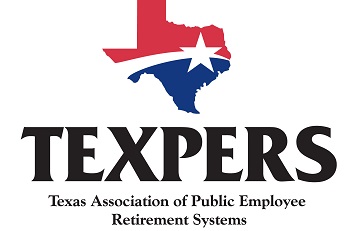5 THINGS YOU NEED TO KNOW ABOUT PENSION LEGISLATION
The State Affairs committee of the Texas Senate held a public hearing Monday, March 20, and discussed five pension bills.
Here's a recap:
1. POLITICS VS. VOTER APPROVAL
Senate Bill 151 authored by Sen. Paul Bettencourt, R-Dist. 7, is seeking to require funds to obtain voter approval before issuing pension obligation bonds. Some fear the bill would politicize pensions.
A representative with the Houston Police Officers Union testified before the committee and said if the pension obligation bonds were to be presented to voters and fail to gain support, it would be because of politics. The committee's chair, Joan Huffman, R-District 17, however, said she believes voters would support bonds if a case were made. TEXPERS confirmed its opposition to the bill.
The bill was voted out of committee and moves to the full Senate.
|



